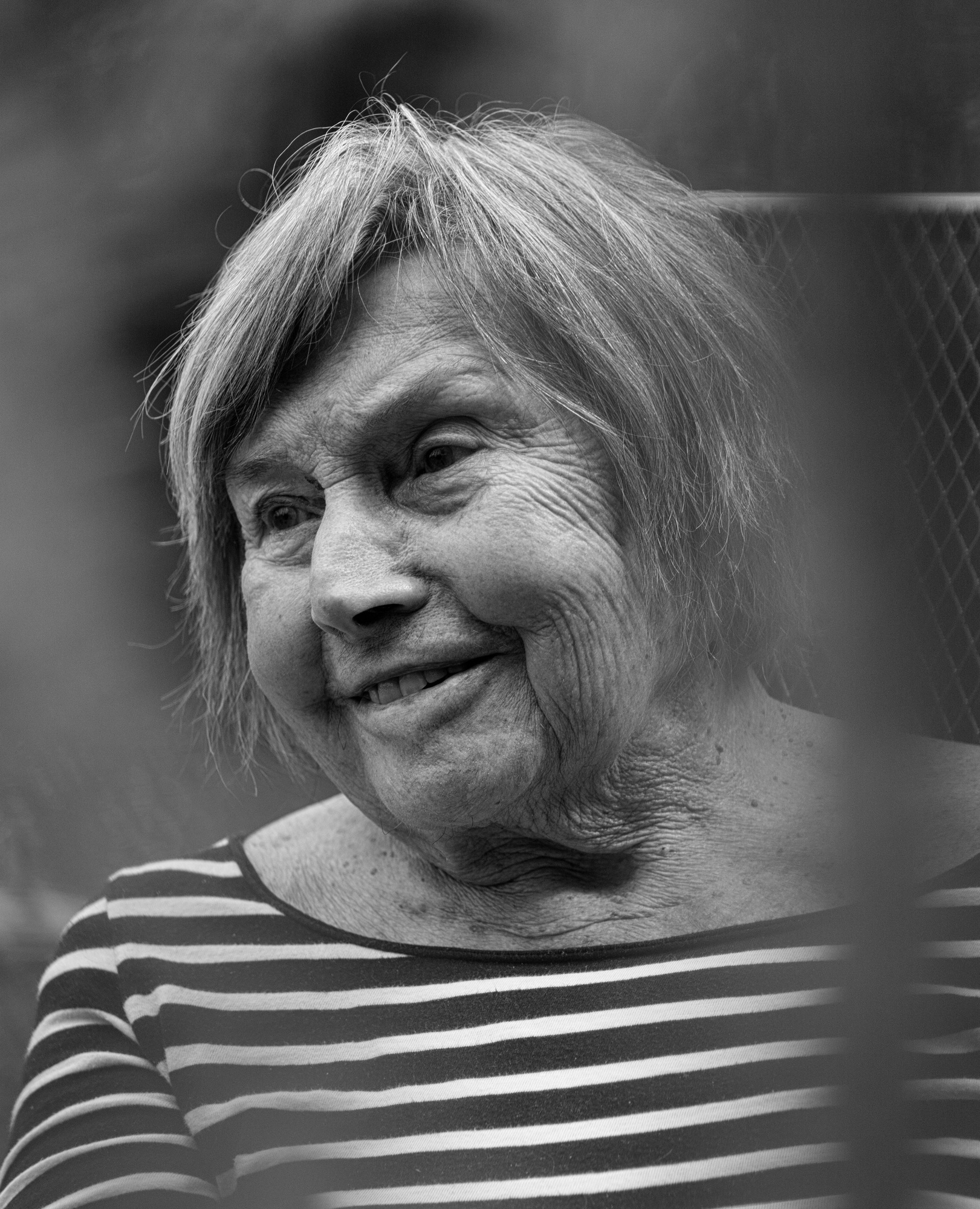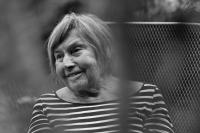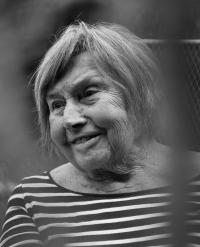In my creative work, the most important thing for me has always been the idea

Download image
Dagmar Kolumková was born on January 16, 1926 in Smíchov, Prague. During the protectorate, she attended the Secondary School of Applied Arts in Prague, where she studied woodcarving. After the war, she graduated from the University of Applied Arts (studio of the sculptor Jan Laud). She never joined the Communist Party. Because it was difficult for her to comply with the demands of socialist realism, she resorted to the creation of applied art (ceramics) and to restoration work. She participated in the repair of a number of important sculptural monuments in Bohemia and Moravia (the main railway station in Prague, the Hus monument in Old Town Square, church monuments in Moravia). At the same time, she also devoted herself to independent artistic creation, selling her ceramic works through the monopoly state enterprise Dílo and participating in its regular exhibitions called Keramona. Although she signed the Two Thousand Words manifesto in 1968, she avoided persecution during the period of normalization. Currently, due to an eye defect, he can no longer devote himself to his own work, but he is still actively interested in artistic events.

